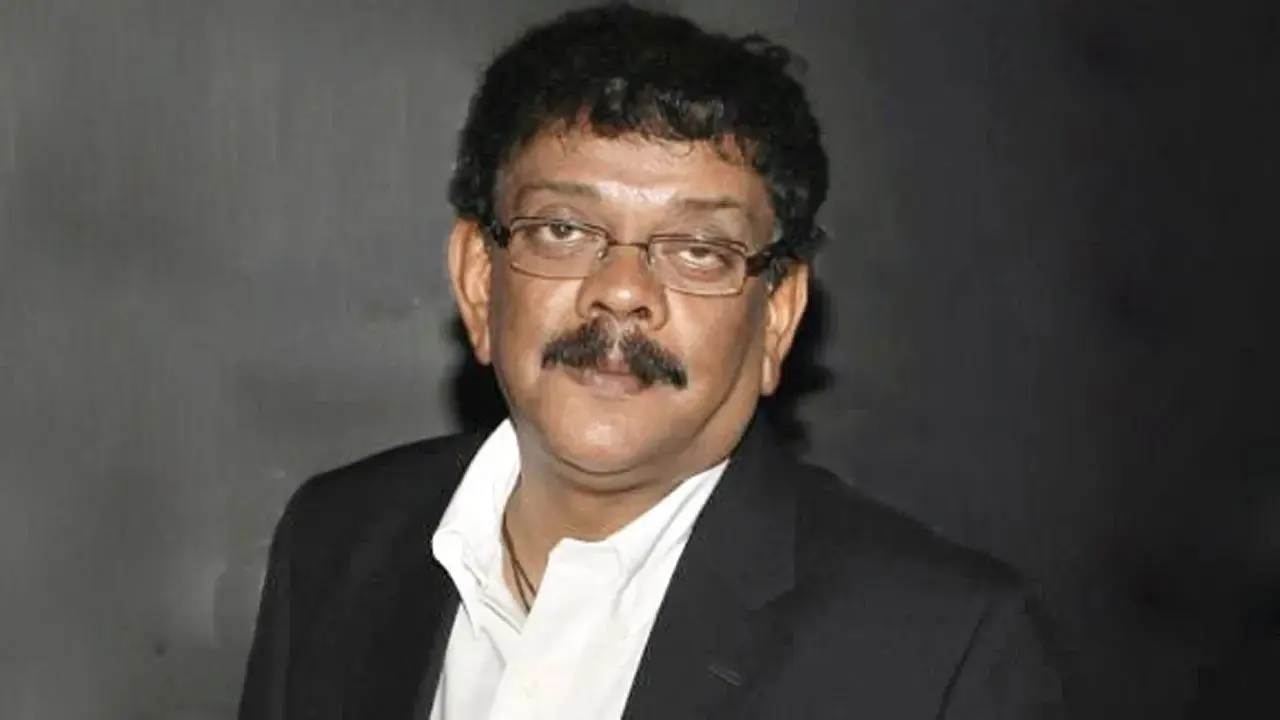Priyadarshan, an iconic name in Indian cinema, has carved a niche for himself as one of the most versatile and successful filmmakers in the country. With a career spanning over four decades, Priyadarshan has directed, produced, and written more than 90 films in multiple languages, including Malayalam, Hindi, Tamil, and Telugu. His ability to seamlessly transition between genres—be it comedy, drama, action, or historical epics—has made him one of the most sought-after directors in Indian cinema. In this article, we will explore the extraordinary career of Priyadarshan, his unique style, and his impact on Indian cinema.
Early Life and Career Beginnings
Priyadarshan was born on January 30, 1957, in Thiruvananthapuram, Kerala, into a family that valued education and literature. His father, Soman Nair, worked as a college librarian, and his environment fostered a love for storytelling and books. Priyadarshan developed a fascination for cinema from a young age, a passion that he would carry with him throughout his life. He attended Government Model School in Thiruvananthapuram and later pursued a Master of Arts in Philosophy from University College, Thiruvananthapuram.
His journey into cinema began as a scriptwriter for a couple of Malayalam films. However, Priyadarshan’s passion for filmmaking drove him to aspire for more. He wanted to tell stories from his perspective, and in 1984, he made his directorial debut with the Malayalam film Poochakkoru Mookkuthi, a comedy of errors that became a massive hit. The film’s success set the tone for Priyadarshan’s career, as it showcased his flair for comedy, which would later become one of his trademarks.
The Rise of Priyadarshan in Malayalam Cinema
After the success of Poochakkoru Mookkuthi, Priyadarshan quickly established himself as one of the most promising directors in Malayalam cinema. His ability to mix humor with relatable characters and everyday situations resonated with audiences. During the 1980s and 1990s, Priyadarshan directed several Malayalam films that achieved both critical and commercial success.
One of his most significant collaborations came with actor Mohanlal, with whom he created several memorable films. Together, they produced hits like Chithram (1988), a comedy-drama that ran for an unprecedented 366 days in theaters, and Kilukkam (1991), another major box office success. Priyadarshan’s partnership with Mohanlal is one of the most celebrated in Indian cinema, and their films continue to be cherished by audiences to this day.
Other films during this period, such as Odaruthammava Aalariyam (1984), Mazha Peyyunnu Maddalam Kottunnu (1986), and Vellanakalude Nadu (1988), further solidified Priyadarshan’s reputation as a master of comedy. His ability to craft situational humor while maintaining a sense of realism made his films relatable and enjoyable for a broad audience.
Priyadarshan’s Foray into Hindi Cinema
As Priyadarshan’s reputation grew, he decided to venture into Hindi cinema, a move that would further elevate his status as a filmmaker. His first Hindi film, Muskurahat (1992), was a remake of his own Malayalam film Kilukkam, but it did not perform well at the box office. However, Priyadarshan bounced back with Gardish (1993), an action-drama starring Jackie Shroff, which earned critical acclaim and won several awards.
Priyadarshan’s real breakthrough in Bollywood came with the cult classic Hera Pheri (2000), a comedy that has since become one of the most beloved Hindi films of all time. The film, which starred Akshay Kumar, Paresh Rawal, and Suniel Shetty, was a remake of the Malayalam film Ramji Rao Speaking but had its own unique flavor, thanks to Priyadarshan’s direction. Hera Pheri introduced audiences to his distinct brand of humor—rooted in misunderstandings, quirky characters, and clever dialogue.
The success of Hera Pheri catapulted Priyadarshan to fame in Hindi cinema, and he followed it up with a string of successful comedies such as Hungama (2003), Hulchul (2004), Garam Masala (2005), and Phir Hera Pheri (2006). These films not only entertained the masses but also established Priyadarshan as a director who could effortlessly blend humor with engaging storytelling.
Versatility Beyond Comedy
While Priyadarshan is best known for his comedy films, his versatility as a director extends far beyond the genre. Throughout his career, Priyadarshan has explored a wide range of genres, proving his ability to tackle complex and diverse narratives. His historical epic Kaalapani (1996), set during the Indian freedom struggle, showcased his mastery over period dramas. The film, starring Mohanlal and Tabu, was a critical and commercial success and won four National Film Awards, including the Best Art Direction award.
Another standout in his filmography is Virasat (1997), a Hindi drama starring Anil Kapoor and Tabu. The film, a remake of the Tamil film Thevar Magan, delves into themes of family, tradition, and power struggles, and Priyadarshan’s direction was lauded for its sensitive portrayal of these complex issues. Virasat received several awards, and Priyadarshan’s ability to direct such a layered narrative further demonstrated his range as a filmmaker.
In 2008, Priyadarshan directed Kanchivaram, a Tamil drama about a silk weaver’s struggles during the pre-independence era. The film was a departure from the comedies he was known for, but it was met with widespread critical acclaim. Kanchivaram won the National Film Award for Best Feature Film, and Priyadarshan received the Best Director award, cementing his place as one of India’s most talented and versatile directors.
Recent Works and Continued Success
Even after four decades in the film industry, Priyadarshan continues to deliver films that captivate audiences. In recent years, he has returned to Malayalam cinema, directing films like Oppam (2016), a crime thriller starring Mohanlal, which became one of the highest-grossing Malayalam films of all time. He followed this success with Marakkar: Lion of the Arabian Sea (2021), a historical epic based on the life of Kunjali Marakkar IV, the naval chieftain of the Zamorin of Calicut. The film won the National Film Award for Best Feature Film, further adding to Priyadarshan’s legacy.
Priyadarshan has also remained active in Hindi cinema, directing films like Bhool Bhulaiyaa (2007), a horror-comedy that became a massive hit. His ability to adapt to changing trends in cinema while retaining his distinct style has kept him relevant in the industry, and he continues to be a director who commands respect and admiration from audiences and critics alike.
Priyadarshan’s Impact on Indian Cinema
Priyadarshan’s contribution to Indian cinema is immense. Over the course of his career, he has introduced audiences to a unique brand of humor that balances wit, situational comedy, and heartwarming narratives. His films have resonated with people of all ages, and his collaborations with actors like Mohanlal, Akshay Kumar, and Paresh Rawal have resulted in some of the most memorable performances in Indian cinema.
Priyadarshan’s ability to seamlessly switch between genres has set him apart from his contemporaries. Whether it’s comedy, drama, action, or historical epics, Priyadarshan has consistently delivered films that entertain and engage audiences. His versatility as a filmmaker, combined with his dedication to storytelling, has made him a beloved figure in Indian cinema.
Conclusion
Priyadarshan’s journey from a young scriptwriter in Kerala to one of India’s most celebrated filmmakers is nothing short of remarkable. His films have left an indelible mark on Indian cinema, and his ability to connect with audiences across different languages and cultures has solidified his status as a cinematic maestro. With a career that shows no signs of slowing down, Priyadarshan continues to be a driving force in the film industry, and his legacy as one of India’s greatest directors will undoubtedly endure for generations to come.



